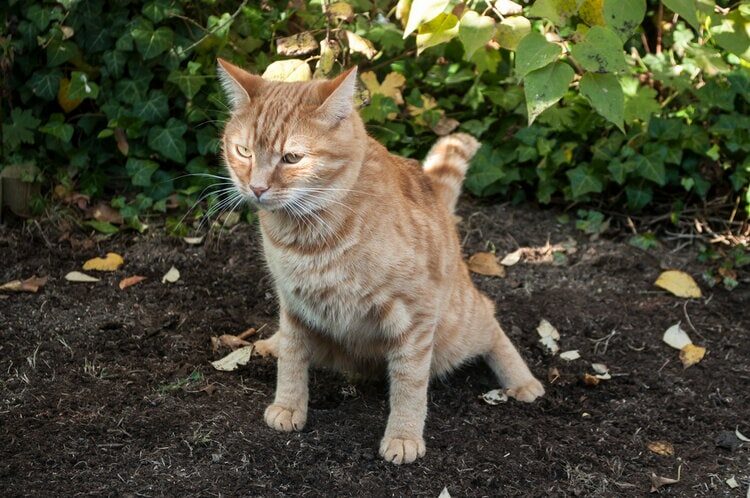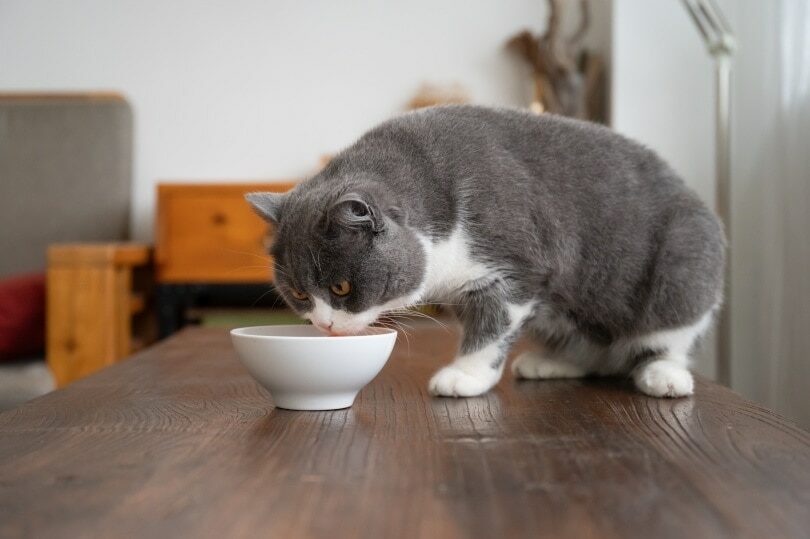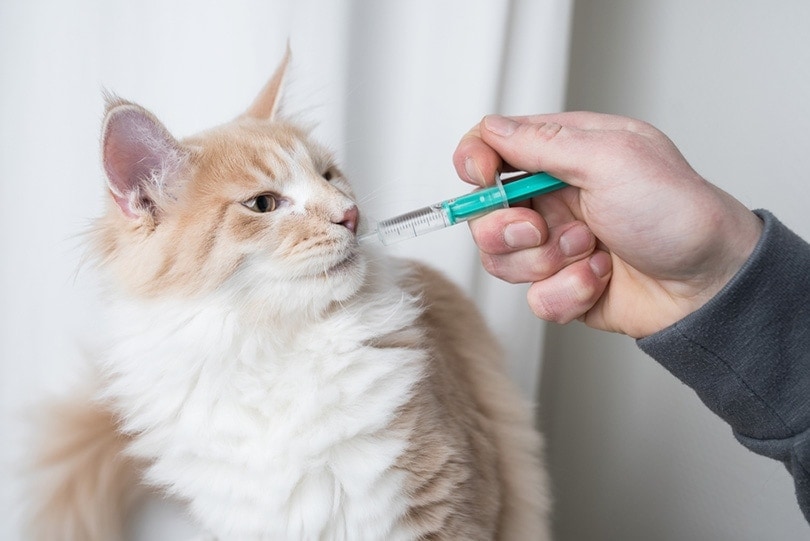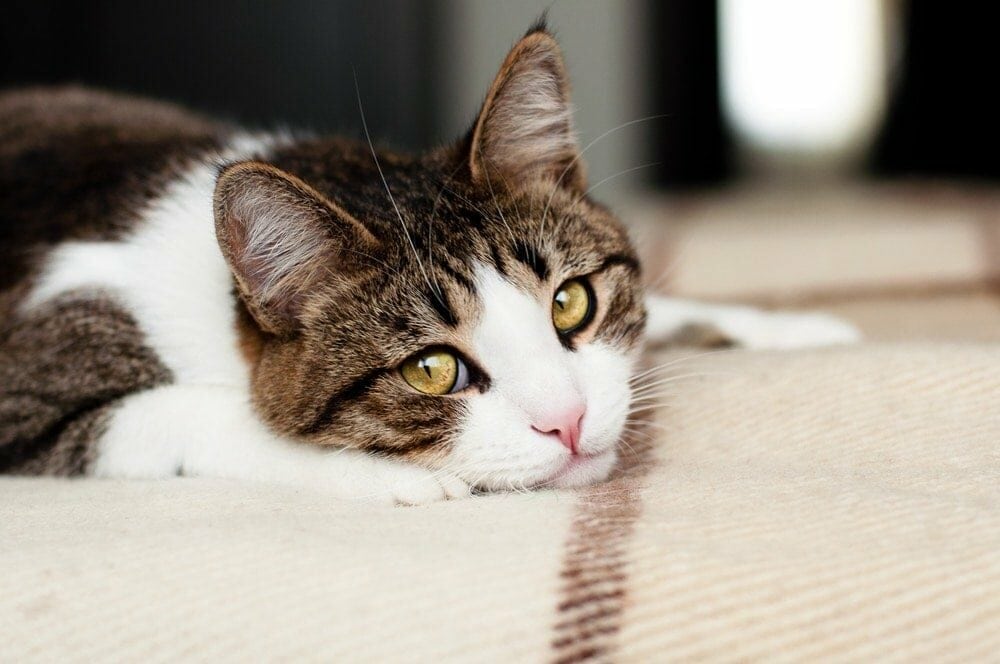
If you’re a cat parent, you have come to the realization that your cat poops. In some cases, it may seem like they are constantly in the litter box, especially when they are kittens. At others, you may find yourself curious as to whether your kitty has had a movement that leaves you monitoring the box all day long. The big question, however, is what’s considered normal when it comes to your cat’s poop.
For those who worry about their cat’s movements, it’s important to know that most cats should have a bowel movement at least once a day. Up to 2 poops are even considered normal. But, several factors come into play when it comes to your kitty’s poop schedule. If you’re concerned about your cat’s health, it’s important to understand what’s normal when it comes to their poop, and when things aren’t quite right in the litter box. Let’s dive in and uncover what’s hiding in your cat’s litter box and discover what their poop and the frequency of their visits to the litter box can tell you about their overall health.
A Daily Poop Routine
As we said above, it’s normal for a healthy, adult cat to poop at least 1 or 2 times daily. If you’ve ever raised kittens, you know this rule isn’t the same for them. With young kitties, it is normal for them to use the litter box for defecating a few times a day. This is because their bodies are still growing and they need relatively more calories than an adult cat. Those calories mean more poops. It’s normal.
How Your Cat’s Poop Should Look
We understand you aren’t thrilled to discuss how the things left in your kitty’s litter box look, but it’s important. A healthy cat’s poop will be deep brown in color. You also want it to be firm, but not too hard or too soft. And while poop, in general, is going to smell, you don’t want your cat’s poop to be overly foul.
When scooping your cat’s litter box, it is important to keep an eye out for changes in poop color, smell, and texture. This is one of the first ways you can be alerted to something being off with your cat’s overall health.

What Affects Your Cat’s Poop?
To keep your cat’s movements on schedule, and healthy, there are several things to consider. Let’s take a look at a few of the factors that can affect your cat’s poop, the frequency, and the overall consistency.
1. Your Kitty’s Diet
Like with us humans, what your cat eats plays a major role in how often they poop. Whether you’re feeding your kitty good or low-quality foods, kibble, or wet food, you’ll notice differences in their bowel movements. In some cases, they will go more often, some less often. Their poop can also be larger if much of the food being given is unusable in their bodies, as with low quality foods or if they contain a lot of fiber. You’ll also notice that cats who are overfed deal with the same issues.
If your cat’s diet abruptly changes, you’ll notice more differences in the litter box. Often, a different diet can cause loose stools, or diarrhea, and can even make your cat go more often than they normally do. To avoid these types of issues, changes in food should be done gradually. You’ll help your kitty avoid an upset stomach by using this method.
2. Water
You may want to associate the amount of water your cat drinks with urination, but it plays a big role in their poops as well. If your cat eats a mostly dry kibble diet, they need additional moisture in their diet. As a good pet parent, you should ensure fresh water is always available to your cat. This will help them stay properly hydrated and avoid issues with constipation.

3. Your Cat’s Activity Level
Exercise is important for a healthy cat. Kitties who lounge around all day and don’t get much activity in, may not poop daily as they should. If you notice this issue in your cat, and they enjoy being lazy, you may want to up the activity and playtime to get their poop schedule back on track.
4. Medications
Like us, cats get sick from time to time. When your cat is on medications, prescribed by their veterinarian, you may notice a change in their bowel movements and the schedule. If you notice your cat has a touch of diarrhea or constipation, reach out to your veterinarian to find out if this is a normal side effect of the medication they are taking.

Signs Something Is Wrong
Your cat’s poop is a great way of telling when they aren’t feeling great. By keeping track of how their movements look and the regularity of them you can help your cat if they are in distress.
1. Constipation
If you’ve ever experienced constipation, you know how uncomfortable it can be. Your cat feels the same way. Unfortunately, constipation can lead to bigger problems for your cat. Older cats who struggle to use the bathroom can be experiencing chronic constipation that can lead to colon issues. If they strain a lot, a check-up with the veterinarian is called for.
Kittens who suffer from constipation or strain to poop should also see the veterinarian. At a young age, they can be suffering from blockages or challenges transitioning onto solid food. It is crucial to pay close attention to your young kitten’s bowel movements and any changes you notice.
2. Diarrhea
Diarrhea is another common issue some cats suffer from. Changes in their diet, stress, or even eating something they shouldn’t have can give your cat a touch of diarrhea. The issue is when this condition is persistent and lasts for more than 1 to 2 days. Especially for young kittens and senior cats who can suffer from dehydration quickly.
There are several issues diarrhea can alert you to when it comes to your cat. Here’s a look at a few. If you notice your cat suffering from persistent diarrhea, take them to the veterinarian for a thorough examination.

3. Bloody Poops
Spotting a little blood in your cat’s poop can be terrifying for owners. While it’s true that bloody stools are a cause for concern, they may also stem from your kitty straining too hard to go. If you notice a small amount of blood in your cat’s poop, pay close attention to their next movement. If the blood is gone, it was most likely the straining that caused it. If the blood persists, or increases, make an appointment with your cat’s veterinarian immediately.
4. What’s That Smell?
When it comes to your cat’s poop, it’s normal for it to smell a bit. Let’s be honest, feces smell, right? If you notice your cat’s poop smelling worse than normal, or really foul, then you may need to consider a change to their diet. If that doesn’t seem to help the issue or it gets worse, contact your vet. If the diet isn’t the issue, smelly poops can be a sign of infection or illness.
In Conclusion
As you can see, your kitty’s poops are important. Now that you know how often your cat should poop and what to keep an eye out for you can better tend to your kitty’s overall health. Just keep in mind, if something seems off with your cat or what they’re leaving behind for you in their litter box, speaking to your veterinarian is the best course of action. This will keep your kitty happy and healthy for years to come.
Featured Image Credit: NeydtStock, Shutterstock


